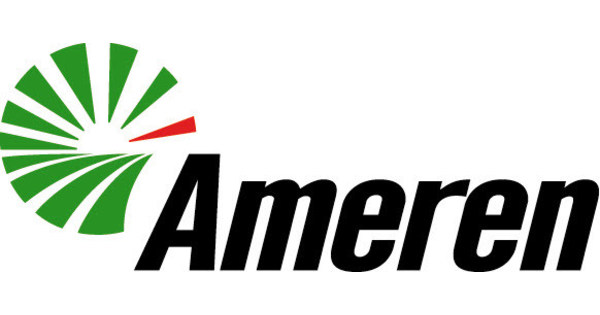Illinois utilities should provide discounted charges to low-income prospects, fee says
SPRINGFIELD – A research by the Illinois Commerce Fee has concluded low-income low cost charges for residential electrical and pure fuel prospects are mandatory.
The Local weather and Equitable Jobs Act offers the fee the authority to require sure electrical and pure fuel utilities to file a tariff establishing low-income low cost charges.
The fee accredited the report summarizing the research Dec. 15 and supplied suggestions for implementing low cost charges. The fee requested the big electrical and fuel utilities recognized within the report file low-income low cost charges of their subsequent price design case, utilizing the suggestions within the report back to form their filings.
“In keeping with the U.S. Division of Power, the common share of gross family earnings spent on vitality prices is almost 3 times larger for low-income households than for non-low-income households. Low cost charges may ease the disproportionate vitality burden on low-income households,” Commissioner Michael T. Carrigan mentioned.
The fee mentioned prospects of electrical utilities with greater than 3 million residential prospects, electrical and fuel utilities with greater than 500,000 residential prospects, and fuel utilities with greater than 100,000 residential prospects ought to provide a low-income low cost price. All different electrical and pure fuel utilities had been inspired, however not required, to suggest a reduction price.
Low cost price proposals ought to embody tiered reductions for various earnings ranges, that are relevant solely to the supply companies fees. The fee requested giant fuel and electrical utilities to file low-income low cost charges and beneficial that smaller electrical and fuel utilities think about submitting as nicely.
“This research will likely be very useful in guaranteeing all Illinois residents have entry to life-saving and reasonably priced utility service all year long,” commissioner Ann McCabe mentioned.
Twelve companies offered enter for the research together with Ameren Illinois, the Illinois Legal professional Normal’s Workplace, and the Citizen’s Utility Board.


